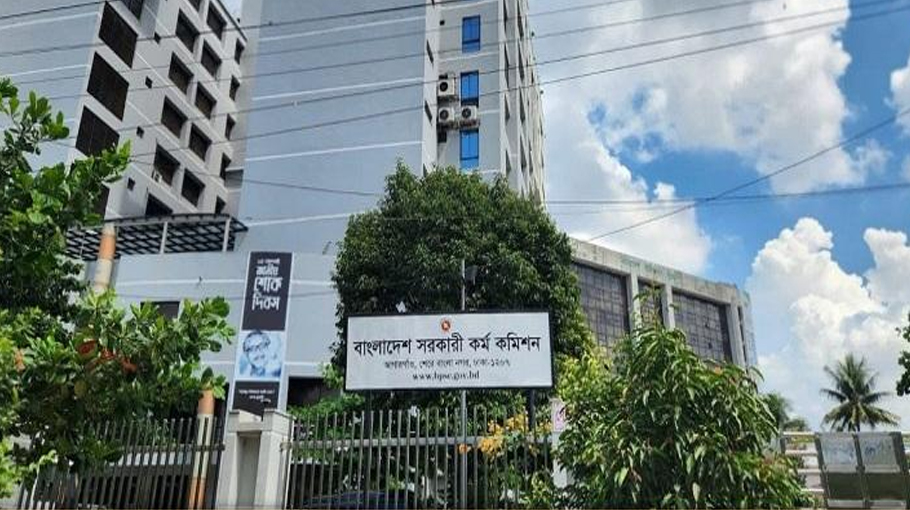Women falling behind men in BCS despite quota

Though women in the country are progressing in various sectors, the number securing government jobs through the Bangladesh Civil Service (BCS) exams has decreased despite getting a 10 percent quota.
Experts said the proportion of successful women candidates has declined significantly in the past five BCS exams due to various obstacles including child marriage as well as family obstacles.
According to the Public Service Commission (PSC) data, a total of 2.11 lakh candidates applied for the 36th BCS examination.
Among them, there were 1.41 lakh men and only 70,012 women. After preliminary, written and oral examinations, 2,323 people are finally recommended in various cadres. Among them, 1,714 were men and 609 were women. The pass rate of males was 73.78 percent and that of females was 26.22 percent.
In the 37th BCS exams, 24.60 percent (323 persons) of successful candidates were women while 75.40 percent (990 persons)
In the 38th BCS exams, 36.53 percent of successful candidates (593 persons) were women while 63.47 percent (1,611 persons) were men Meanwhile, PSC organized the 39th and 42nd special BCS for the recruitment of doctors. Although there were more female applicants in this exam, women were lagging behind in the pass rate.
Out of 37,576 applicants in the 39th BCS, 43.65 percent were male and 56.35 percent were female.
Finally, PSC recommended 6,792 people for appointment to cadre posts. There were 3,192 women and 3,600 men.
In the 42th special BCS exams, there were 41,026 applicants. Among them, there were 55.92 percent women and 44.08 men. 49.02 percent of successful candidates (1,961 persons) were women while 50.98 percent (2,039 persons) were men.
MdSohrab Hossain, the PSC Chairman, said that the participation of women in the BCS exam is less than that of men, and the pass rate is also relatively low.
“Although 10 percent female quota is followed in this examination, women are lagging behind. They are falling behind in many cases due to various obstacles including child marriage, family obstacles,” he mentioned.
“Currently women are moving ahead in many sectors leaving behind men. Girls are always doing well in board exams too. Women are leading in many places,” he added.
He expressed optimism that the country will reach the ranks of developed countries with the combination of both men and women and their contribution.
ZeenatAraHaque, executive coordinator of WE CAN, said, “Historically, women have been left behind. There has been no case yet that would have required their quota to be lifted. In any case, quotas are determined by the plan as to how far we want to advance a particular group. In those cases, when women and men move to an equal place, then there is talk of stopping the quota.”





